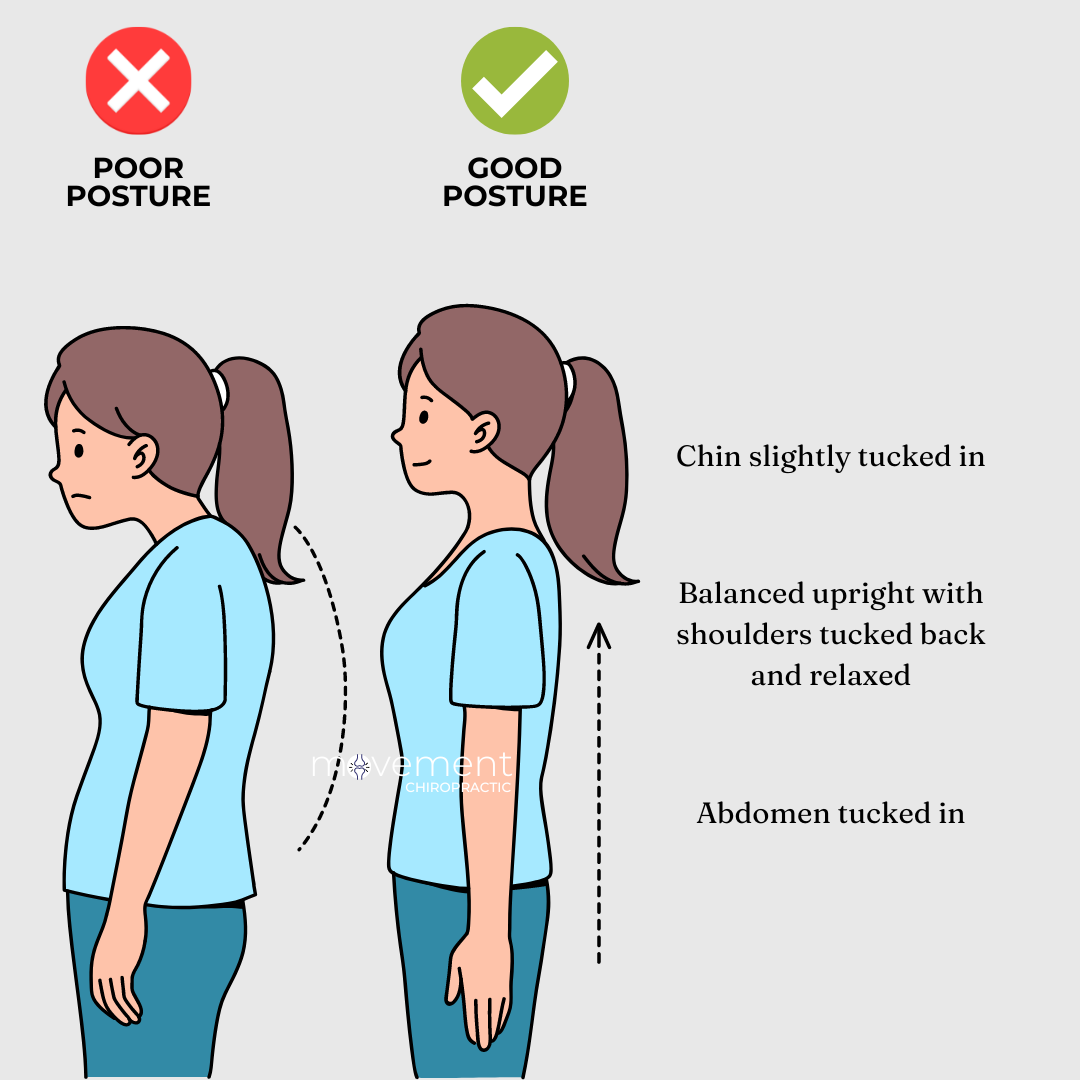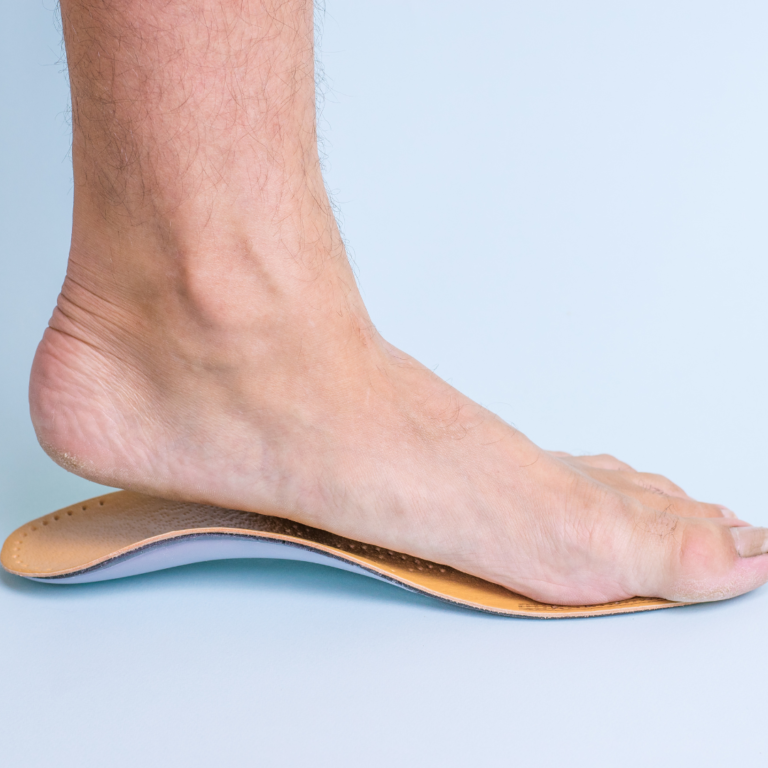Ever Heard Your Mom Say 'Stand Up Straight'?
As a parent, you might often find yourself telling your kids to “stand up straight” or “stop slouching.” In today’s digital age, where children and adults alike spend countless hours hunched over screens, maintaining good posture has become a growing concern.
But why is posture so important?
Beyond appearances, good posture is important because it aligns your head, shoulders, spine, hips, knees, and ankles correctly. This proper alignment helps your muscles work together efficiently, reducing strain and preventing injuries. When your body is well-aligned, you use less energy and feel less discomfort. However, poor habits can cause muscle imbalances, leading to tightness and pain. By maintaining good posture, you can improve your overall physical health and well-being.
The Hidden Dangers of Bad Posture
1. Chronic Pain Poor posture can lead to a variety of pain issues, particularly in the back, neck, and shoulders. When you slouch, you put extra pressure on your spine, leading to spinal misalignment and tension in your muscles and ligaments. Over time, this can result in chronic pain and discomfort.
2. Reduced Lung Function Slouching compresses the chest cavity, limiting the ability of the lungs to expand fully. This restriction can lead to shallow breathing, reducing the amount of oxygen that enters your bloodstream and impacting overall energy levels and cognitive function.
3. Digestive Issues A slouched posture can also compress your digestive organs, leading to problems like acid reflux, heartburn, and slowed digestion. Proper posture helps ensure that your digestive system functions optimally.
4. Poor Circulation Sitting or standing with poor posture for extended periods can hinder blood circulation. This can lead to varicose veins, blood clots, and even cardiovascular issues. Good posture helps maintain proper blood flow throughout your body.
5. Increased Stress and Fatigue Bad posture can affect your mood and energy levels. It can lead to increased feelings of stress and fatigue, as your body has to work harder to maintain its functions. Conversely, good posture can boost your mood and energy by reducing physical strain.

How Poor Posture Impacts Your Health
Musculoskeletal Problems Slouched posture can cause muscle imbalances, where certain muscles become overworked and others weaken. This imbalance can lead to joint dysfunction and increased risk of injuries. Chiropractors often see patients with conditions like herniated discs, sciatica, and degenerative disc disease that are exacerbated by poor posture.
Mental Health Effects Research has shown that poor posture can negatively impact mental health. Slouching is associated with increased feelings of depression, stress, and decreased self-esteem. Good posture, on the other hand, can help you feel more confident and positive.
Impact on Daily Activities Bad posture can hinder your ability to perform daily activities efficiently. Whether it’s lifting objects, exercising, or simply walking, poor alignment can lead to reduced mobility and higher risk of strains and injuries.
5 Ways to Maintain Good Posture
1. Ergonomic Adjustments Make sure your workspace is set up to promote good posture. Your computer screen should be at eye level, and your chair should support your lower back. Keep your feet flat on the floor and your knees at a right angle.
2. Regular Breaks Take frequent breaks from sitting to stand, stretch, and walk around. This helps reduce the strain on your spine and muscles.
3. Strengthening Exercises Incorporate exercises that strengthen your core muscles, such as planks and bridges. A strong core supports better posture and reduces the risk of back pain.
4. Stretching Routines Perform regular stretches that target the chest, shoulders, and back. This helps to counteract the effects of slouching and keeps your muscles flexible.
5. Mindful Posture Checks Regularly check your posture throughout the day. Ensure your shoulders are relaxed and not rounded forward, and keep your ears aligned with your shoulders and hips.

Regardless of your posture, it's important to keep moving, whether you're sitting or standing.
Improving your posture is not just about looking better; it’s about feeling better and maintaining your health. By understanding the impacts of poor posture and taking steps to correct it, you can prevent many health issues and improve your quality of life.
For personalized advice and treatments, consider consulting our chiropractor who can help you achieve and maintain proper posture.





